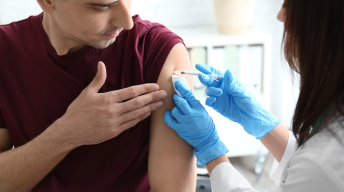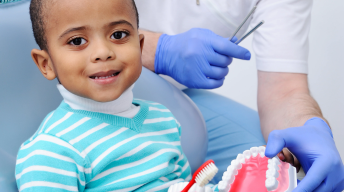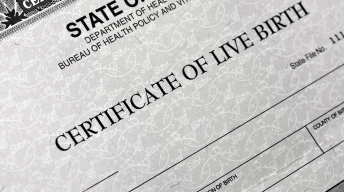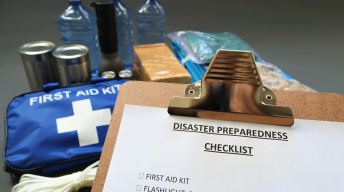
Public Health
Protects the health of County residents.
Mecklenburg County Public Health (MCPH) is one of four departments that make up the Mecklenburg County Health and Human Services Agency. The department protects the health of County residents by providing clinical services, investigating potential cases of infectious diseases, conducting restaurant, lodging, and nursing home inspections, staffing Charlotte-Mecklenburg Schools with nurses, and much more.
Our MISSION is to promote and protect the public's health.
Our VISION is that MCPH assures the health and safety of our diverse and changing community today and for our future generations.
Featured Health Reports, Assessments and Surveys
Learn about Public Health's most recent reports, assessments and community surveys.
- The Way Forward
The Way Forward is a strategic plan that addresses community violence as a public health issue.
- Community Health Survey
The Annual Mecklenburg Community Health Survey is a telephone survey that collects information on health-related behaviors.
- 2022 Community Health Assessment
The Community Health Assessment periodically evaluates local data to understand the health needs of our community.
Public Health Alerts
-
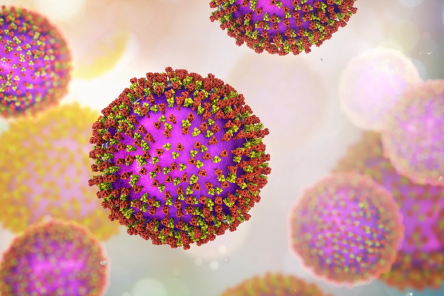
Measles
Measles spreads through the air when an infected person coughs or sneezes and others breathe that air.
-
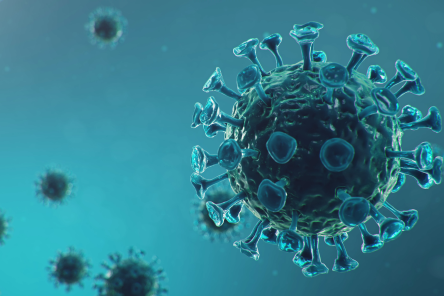
COVID-19
The latest guidance and information on COVID-19, including vaccines, symptom self-check, data, and other topics.
-
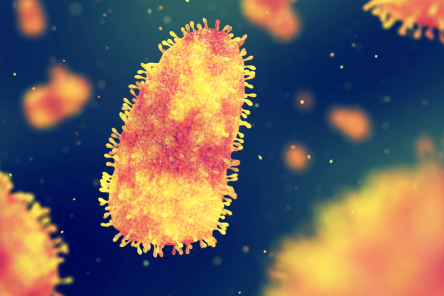
Animal Attacks and Rabies
Information on recent animal attacks in Mecklenburg County and guidance on how to avoid the transmission of Rabies.
-

International Travel
A pretravel consultation with a qualified provider is an important component of preparing for international travel.






